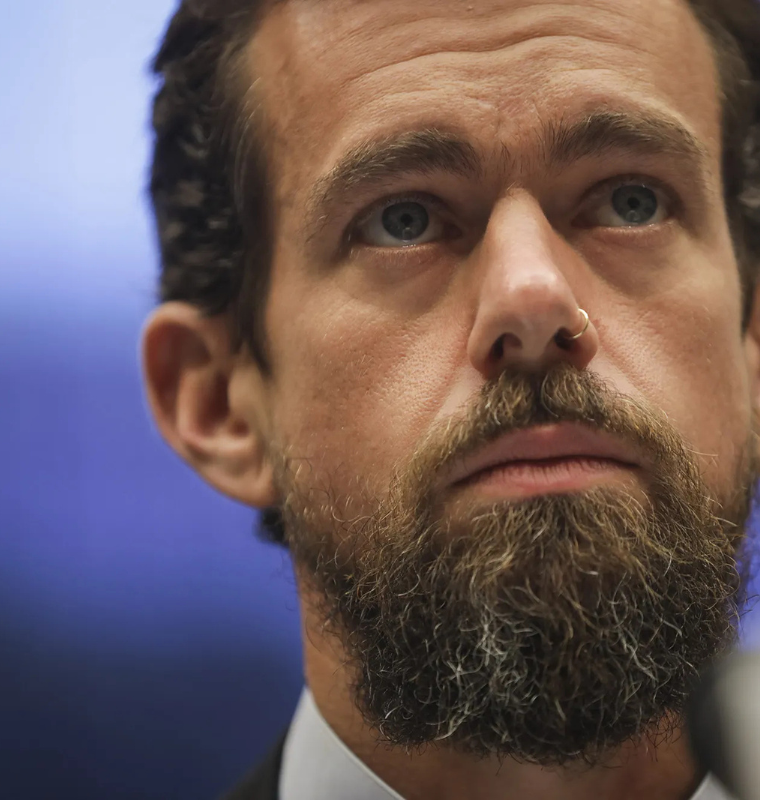Fed Signals Shift Toward December Rate Cut
By
Rachel Steinberg
Last updated:
November 18, 2025
First Published:
November 30, 2025
.jpg)
Photo: Bloomberg.com
A Renewed Push Toward Policy Easing
Federal Reserve Governor Christopher Waller has thrown his support firmly behind another interest rate cut at the December 9–10 FOMC meeting, signaling a meaningful pivot in the ongoing debate inside the central bank. Waller, who has typically aligned with policymakers favoring a more cautious approach, said that recent labor market declines and a notable cooling in hiring have strengthened his conviction that further easing is necessary. His remarks come at a time when the Fed remains deeply split, with several regional presidents arguing that inflation risks remain too elevated to justify additional cuts.
Speaking to a gathering of economists in London, Waller emphasized that the economic threat has shifted. He said inflation is no longer his primary concern, pointing out that price pressures have slowed consistently this year and appear stable across core categories. Instead, he warned that the labor market, which for years had been a pillar of economic resilience, is now weakening at a pace that could threaten broader economic stability.
Labor Market Weakness Now Takes Center Stage
According to Waller, hiring has decelerated sharply over the past several months. Private payroll indicators, recruiting firm surveys, and real-time job posting platforms all suggest that demand for workers has fallen to its lowest level since mid-2020. The Fed governor pointed out that even though official government data has been delayed due to the recent shutdown, private-sector sources show a clear and worsening pattern: fewer job openings, slower wage growth, and rising caution among employers.
Waller said that the upcoming September jobs report is unlikely to reverse the trend, noting that employment gains have already dropped far below the two-year average. Many economists now expect job creation to fall below 100,000 per month in the fourth quarter, compared with a monthly average of more than 230,000 last year. This slowdown, Waller argued, poses a greater immediate risk than inflation, especially to lower and middle-income households that are already stretched by high borrowing costs.
Inflation Concerns Ease While Policy Rift Widens
Waller reiterated that he does not expect inflation to accelerate, even with another cut. He highlighted data showing that tariffs implemented earlier in the year have not produced sustained upward pressure on prices, and that goods inflation in particular has cooled faster than expected. Despite this, the Fed remains divided.
Boston Fed President Susan Collins recently stated that she sees a “high bar” for more easing, suggesting that inflation could reemerge if the Fed loosens policy too quickly. Vice Chair Philip Jefferson urged patience earlier Monday, noting that the current economy requires policymakers to “proceed slowly.” The divide has become more evident after two consecutive quarter-point cuts in September and October. Markets remain uncertain about December, with traders pricing in roughly even odds of another reduction.
A Quarter-Point Cut Seen as Appropriate Risk Management
Waller clarified that he supports another quarter-point (25 basis-point) cut, describing it as a necessary “risk management” step to prevent the labor market from deteriorating further. His stance contrasts with Governor Stephen Miran, who pushed for half-point cuts at the previous two meetings and may again advocate for a bolder move.
Waller has argued for months that restrictive policy is weighing disproportionately on everyday consumers. High credit card APRs, rising delinquency rates, and elevated mortgage costs are placing notable strain on households. He said that easing financial conditions modestly could stabilize consumer spending heading into 2025 and move monetary policy closer to neutral, without threatening inflation progress.
Fed Not “Flying Blind” Despite Shutdown Gaps
Critics have questioned whether the Fed is making decisions without reliable data, as the government shutdown halted the release of key indicators. Waller dismissed this claim, stating that private-sector data—ranging from payroll processor reports to consumer spending trackers—provides a clear enough picture of economic momentum. He said policymakers still have more than enough information to act responsibly.
Waller closed by stressing that a December cut would offer “additional insurance” against a sharper downturn in the job market. With hiring slowing, household budgets tightening, and economic signals cooling across multiple sectors, he believes it is the appropriate moment for the Fed to step in with further support.
Popular articles
Subscribe to unlock premium content
London’s Gourmet Playgrounds

From Bean to Buzz in Thailand

The Secret Life of Pop-Up Luxury Restaurants in Paris

London’s Gourmet Playgrounds

From Bean to Buzz in Thailand

London’s Gourmet Playgrounds









